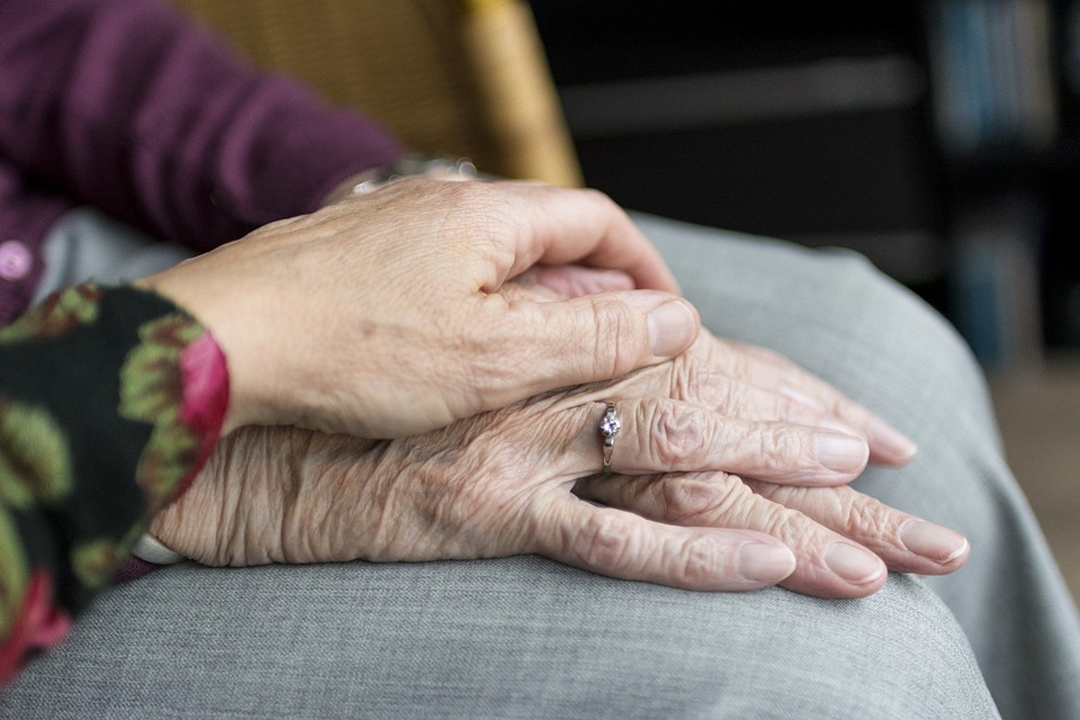
The Importance Of Proper Care
Whilst you may be doing a great job of looking after your loved one from home, the time may come when it is more sustainable and ethical to utilise the use of a dementia care facility. The benefits of using such facilities can include the following.
Quality of Life
Ensuring that your loved one has the proper care is very important for both you and your family caregivers. A professional dementia care facility ensures their safety, well-being, and overall quality of life. Additionally, such facilities are staffed with trained professionals who are experienced in managing the unique challenges associated with dementia, such as memory loss, behavioural changes, and communication difficulties. Ultimately, finding the right facility for dementia patients can greatly improve their quality of life and provide peace of mind for their loved ones.
Improved Medical Condition
Dementia patients require specialized care and attention that may not always be possible to provide at home. A facility equipped to handle their needs can provide round-the-clock care and support, as well as a safe and secure environment that minimizes the risk of wandering, falls, or other accidents. Some types of dementia, such as Alzheimer’s disease, can progress more slowly with proper care, which can delay the onset of more severe symptoms.
Reduced Caregiver Burden
Proper care can also help reduce the burden on caregivers, who may struggle to provide care without support. Caregiver burden refers to the emotional, physical, and financial strain that caregivers experience while caring for someone with an illness or disability. When caregivers are overburdened, it can lead to negative consequences for both the caregiver and the care recipient. Caregivers may experience depression, anxiety, and physical health problems, which can negatively impact their ability to provide care.
Types Of Dementia
There are several types of dementia, each with its unique features and causes. The most common types of dementia include:
Alzheimer’s Disease
Alzheimer’s disease is the most common type of dementia, accounting for about 60-80% of all cases. It is a progressive disease that affects memory, thinking, and behaviour. The cause of Alzheimer’s disease is not entirely understood, but it is believed to be a combination of genetic, environmental, and lifestyle factors.
Vascular Dementia
Vascular dementia is caused by a reduction in blood flow to the brain, resulting from a stroke or other conditions that damage blood vessels in the brain. The symptoms of vascular dementia may be similar to those of Alzheimer’s disease, but the onset may be more sudden and often involve physical symptoms such as weakness, numbness, or difficulty speaking.
Lewy Body Dementia
Lewy body dementia is caused by the buildup of abnormal proteins in the brain, which can cause cognitive decline, hallucinations, and changes in behaviour. It shares some similarities with Parkinson’s disease, and some people with Lewy body dementia may also have Parkinson’s symptoms.
Frontotemporal Dementia
Frontotemporal dementia affects the front and side parts of the brain, which can cause changes in behavior, personality, and language. It can affect younger people and may be caused by genetic mutations.
Symptoms Of Dementia
The symptoms of dementia can vary depending on the type of dementia and the individual. However, some common symptoms include:
- Memory loss, especially short-term memory
- Difficulty communicating or finding words
- Difficulty performing familiar tasks
- Poor judgment and decision-making
- Changes in mood, personality, and behaviour
- Loss of interest in activities
The causes of dementia are not entirely understood, but some risk factors can increase the likelihood of developing dementia. These risk factors include:
- Age: Dementia is more common in older adults, and the risk of developing dementia increases with age.
- Genetics: Some types of dementia, such as Alzheimer’s disease, have a genetic component, and having a family member with dementia increases the risk of developing the condition.
- Lifestyle factors: Poor diet, lack of exercise, smoking, and excessive alcohol consumption can increase the risk of developing dementia.
How To Care For Someone With Dementia
Caring for someone with dementia can be challenging, but there are strategies that caregivers can use to provide the best care possible. Some tips for caregivers include:
- Establish a routine: People with dementia often thrive on routines. Establishing a predictable schedule for meals, activities, and daily tasks can help reduce confusion and anxiety.
- Simplify communication: Use clear, simple language when communicating with a person with dementia. Avoid using complicated sentences or abstract concepts.
- Create a safe environment: Dementia can affect a person’s balance and spatial awareness. Make sure the home environment is safe by removing tripping hazards and installing handrails.
- Maintain social connections: Dementia can be isolating, so it’s important to maintain social connections. Encourage visits from friends and family members or consider joining a dementia support group.
- Be patient and flexible: Caring for someone with dementia can be unpredictable. Be patient and flexible, and try to go with the flow as much as possible.
Is There A Cure?
Currently, there is no cure for dementia. However, researchers are actively investigating various approaches to treating and preventing the disease, including potential therapies and drugs that target the underlying pathology of dementia. In the meantime, early detection, lifestyle interventions, and support for caregivers remain crucial in managing the symptoms and improving the quality of life for people living with dementia.
In conclusion, understanding dementia and finding proper care for patients is crucial as it can significantly impact their quality of life and well-being. Dementia is a complex and debilitating condition that requires specialized care and support, and failure to provide this can result in adverse outcomes. By increasing awareness and providing adequate care, we can help patients with dementia live more fulfilling and dignified lives.
Comments
comments